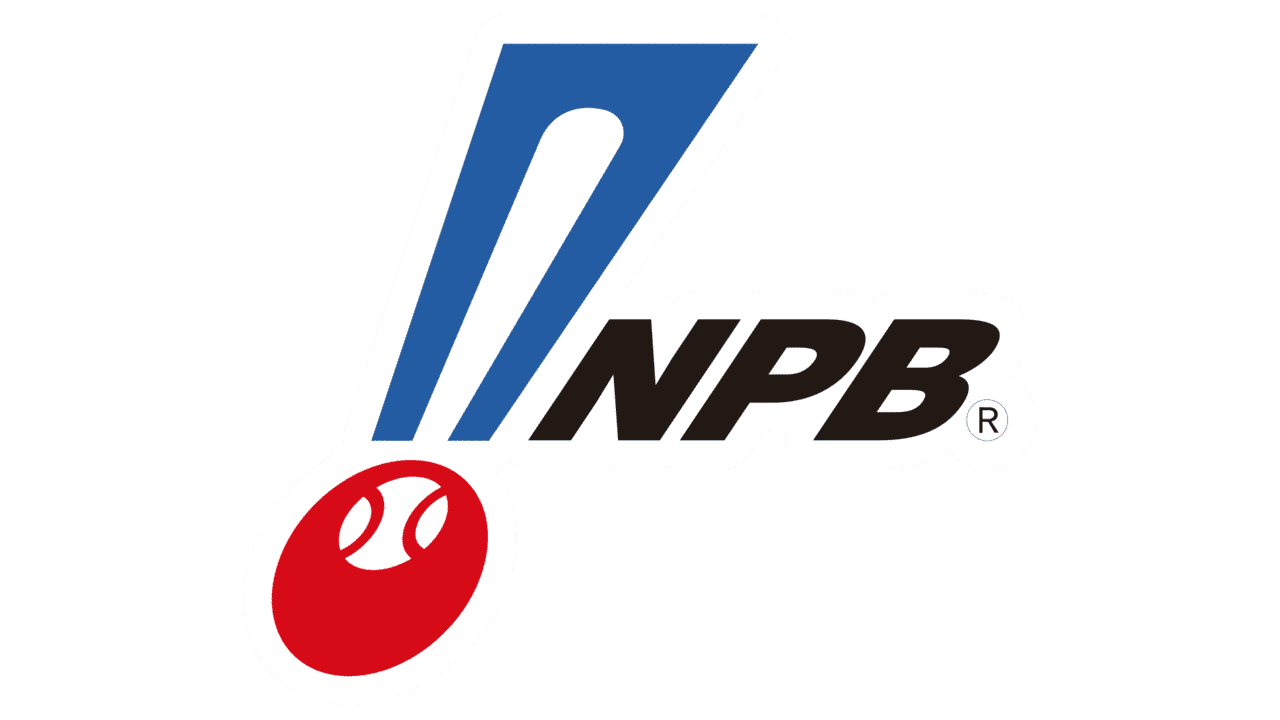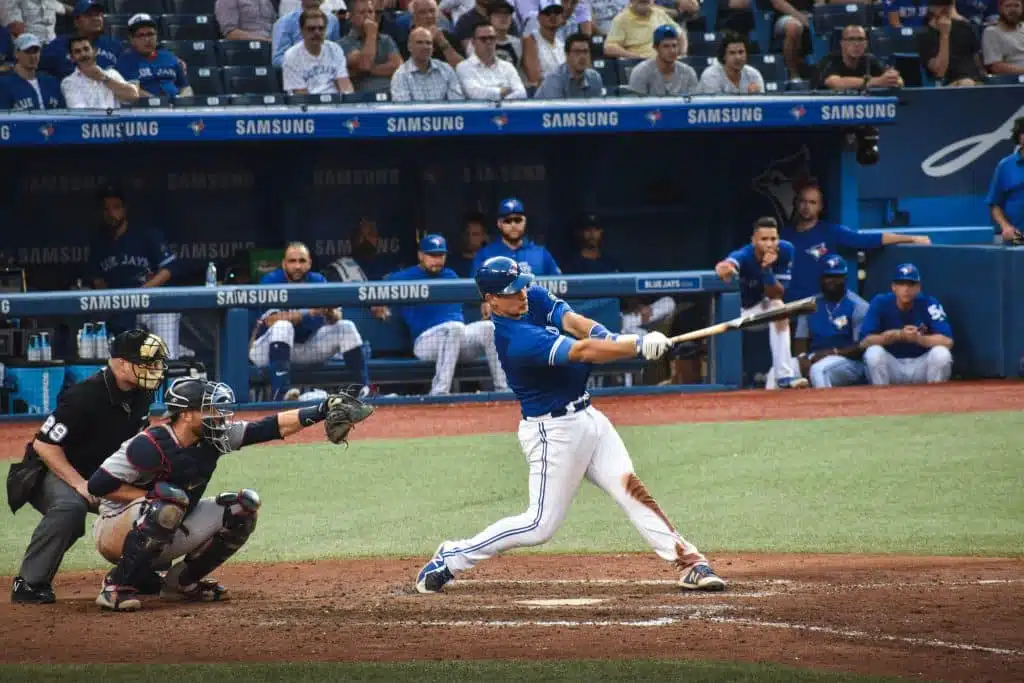
Nippon Professional Baseball – The League of the Rising Sun
Why is baseball popular in Korea?
From year 1910 to 1945, Korea was under Japanese governance and baseball was the most popular sport there. Because of that, directors of the league decided to organize In 1921 a match between the Major League Players from America and Seoul Athletic Club. Seoul defeated Major League with a smashing score of 23-3. That was the first time when Korean baseball began to play an important role in the world. The first professional baseball team in Japan was founded by media mogul Matsutarō Shōriki in late 1934 and called the Dai Nippon Tokyo Yakyu Kurabu.
Leagues
Nippon Professional Baseball consists of two leagues, the Central League and the Pacific League, each have six teams. The season starts in late March or early April, and ends in October. League has also two secondary-level professional leagues, the Eastern League and the Western League, these are determined for developing players.
Comparison with Major League Baseball (rules)
The NPB rules are nearly similar of the American Major League Baseball (MLB), but some technical parts are slightly different. The Nippon league uses a smaller baseball, strike zone, and playing field. The Japanese baseball is wound more tightly than an American baseball. The strike zone is narrower “inside” than away from the batter. Five Nippon league teams fields with small dimensions would violate the American Official Baseball Rules. The note set out specifies minimum dimensions for American ballparks: 325 feet (99 m) down each foul line and 400 feet (120 m) to center field.

Specific rules
For most of its history, NPB regulations established limit on the number of non-Japanese people per team to two or three — including the manager and coaching staff. Today, a team cannot have more than four foreign players on a 25-man game roster, although there is no limit of foreign players that it may sign. If there are four, they cannot all be pitchers nor all be position players. This limits the cost and competition for expensive players of other nationalities, and is similar to rules in Europe and roster limits on non-European players. Since the 1970s, foreigners have made an impact in Nippon Professional Baseball’s in managing and coaching – Americans Bobby Valentine and Trey Hillman managing their respective teams to Japan Series championships.
You can obviously find matches from NPB in our statistics and new opportunities. To catch them in time, sign up HERE to our service and be part of our community.
LAST WINNERS OF NPB
| TEAM | YEAR |
|---|---|
| Hanshin Tigers (CL) | 2023 |
| Orix Buffaloes (PL) | 2022 |
| Tokyo Yakult Swallows (CL) | 2021 |
| Fukuoka SoftBank Hawks (PL) | 2020 |
| Fukuoka SoftBank Hawks (PL) | 2019 |
| Fukuoka SoftBank Hawks (PL) | 2018 |
| Fukuoka SoftBank Hawks (PL) | 2017 |
| Hokkaido Nippon-Ham Fighters (PL) | 2016 |
| Fukuoka SoftBank Hawks (PL) | 2015 |
| Fukuoka SoftBank Hawks (PL) | 2014 |
| Tohoku Rakuten Golden Eagles (PL) | 2013 |
| Yomiuri Giants (CL) | 2012 |

Common Misconceptions About Sports Betting Analytics
“Trust me, this system hits at 85% – I’ve back-tested it myself.” I cringe every time I hear statements like this. And I hear them a lot. During a recent sports analytics conference, a well-dressed gentleman approached me after my presentation. He pulled out his phone and proudly showed me a spreadsheet tracking his “foolproof” […]
Read article
Risk vs. Reward: Finding Your Optimal Sports Investment Strategy
A question I get asked almost weekly: “What’s your best bet for this weekend?” It seems like a straightforward question, but after 20+ years in this industry, I’ve learned it’s the wrong one to ask. The far better question – one that few people consider – is: “Which betting approach best matches my personal risk […]
Read article
Why Most Sports Bettors Fail: The Cognitive Biases Holding You Back
I had an interesting conversation with a potential client last week. Successful guy, runs his own business, clearly intelligent. He’d been betting on sports for years and was proud of his “system” – betting against public favorites in big games. “The public is always wrong,” he insisted. “Fade the popular teams and you’ll make money.” […]
Read article